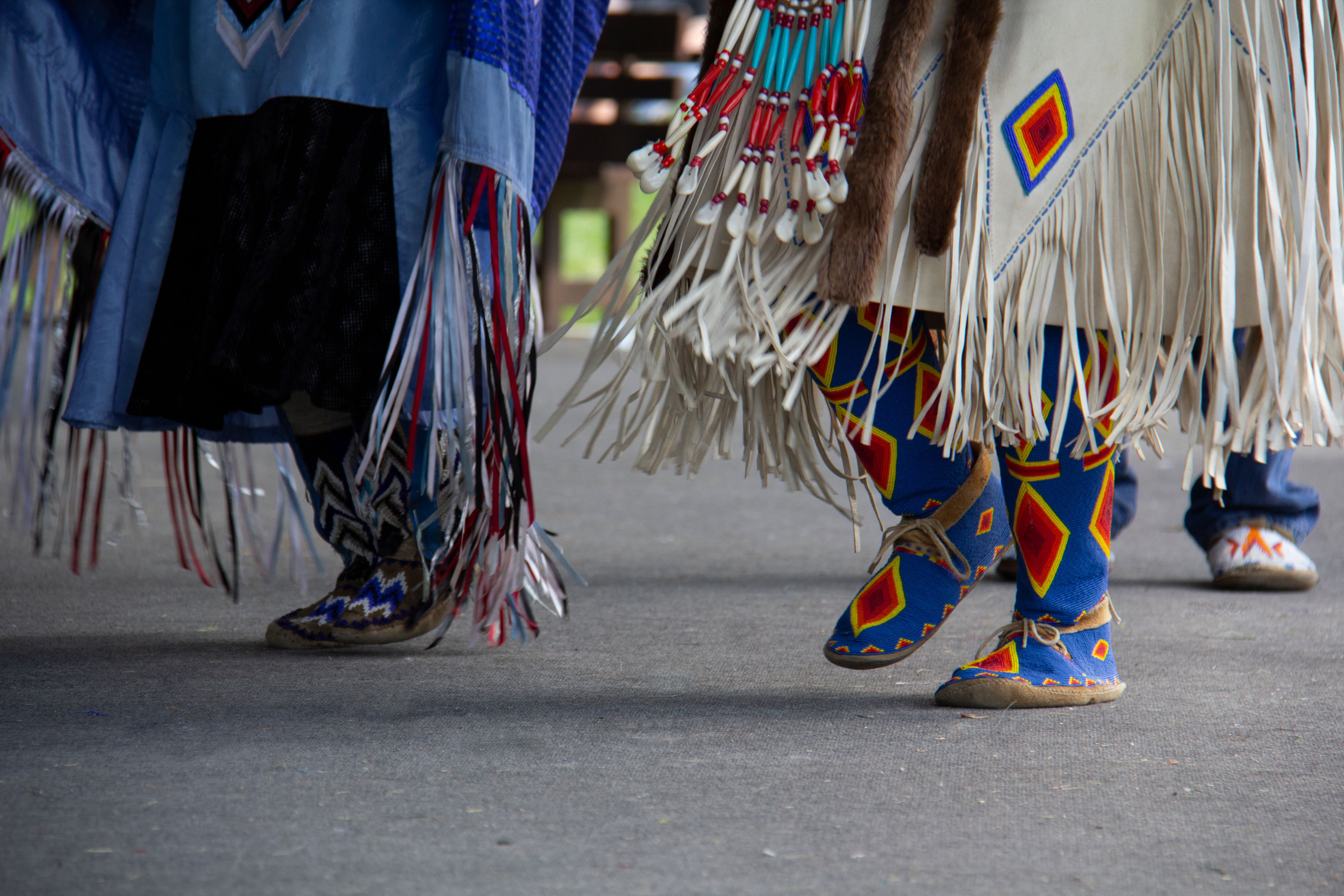Alabama Indian Affairs Commission Scholarship
Overview
The history of Alabama’s Indian Affairs is deeply intertwined with the state’s Indigenous peoples and the policies that have affected them over centuries.
Alabama was originally home to several Indigenous tribes, primarily the Creek (Muscogee), Cherokee, Choctaw, and Chickasaw Nations. These tribes thrived in the region for centuries, developing rich cultures, trade networks, and governance systems.
The Creek Confederacy, one of the most prominent tribes in Alabama, was particularly influential. The area that is now Alabama served as a vital crossroads for trade, diplomacy, and cultural exchange among tribes.
The arrival of European settlers, starting with Hernando de Soto in 1540, brought disease, land disputes, and conflicts, straining relations as settlers encroached on tribal lands.
After removal, the few Native Americans who remained in Alabama faced significant challenges, including loss of land, cultural suppression, and discrimination. Many descendants of those who stayed formed the basis for today’s federally recognized and state-recognized tribes.
Today, Alabama is home to several Native American communities and organizations dedicated to preserving their heritage and addressing issues affecting Native populations. Key groups include:
- State-recognized tribes such as The Poarch Band of Creek Indians, the MOWA Band of Choctaw Indians, Echota Cherokee Tribe, and others.
The state also has a Commission on Indian Affairs, established to assist Native communities, promote cultural preservation, advocate for their rights and interests, and provide educational scholarships.
About the Scholarship
The Alabama Indian Affairs Commission Scholarship is designed to support Alabama residents who are enrolled in a state recognized Indian tribe. The scholarship is open to high school seniors, as well as undergraduate students, who are attending or planning to attend a college or university within Alabama.
By offering both financial support and cultural engagement, the Alabama Indian Affairs Commission Scholarship empowers Native American students in Alabama to achieve their educational dreams and make a meaningful impact on their communities.
Application Dates
- Opens: January 1, 2025
- Closes: March 31, 2025
Eligibility Requirements
- Applicant must be a member of a state or federally recognized tribe.
- Must be a resident of Alabama for at least three years.
- Must be a high school senior or an undergraduate student attending an Alabama college or university.
- Must identify as American Indian or Alaska Native.
- Must apply annually to receive the scholarship.
Award Amount
The scholarship award amount varies each year.
- No essay required
- Not need-based
- Not merit-based
Challenges Faced By Native Students
A much smaller percentage of Native Americans earn bachelor’s degrees, largely due to factors like socioeconomic disparities, cultural barriers, and limited access to culturally relevant education, particularly at institutions outside of Tribal Colleges and Universities (TCUs) which are specifically designed to support Native students.


Navigating a largely non-Native academic environment can be challenging due to cultural differences and perspectives.

Many Native American communities face economic disadvantages, limiting access to higher education due to tuition costs
For further details or to apply, visit the official Alabama Indian Affairs Commission website.
